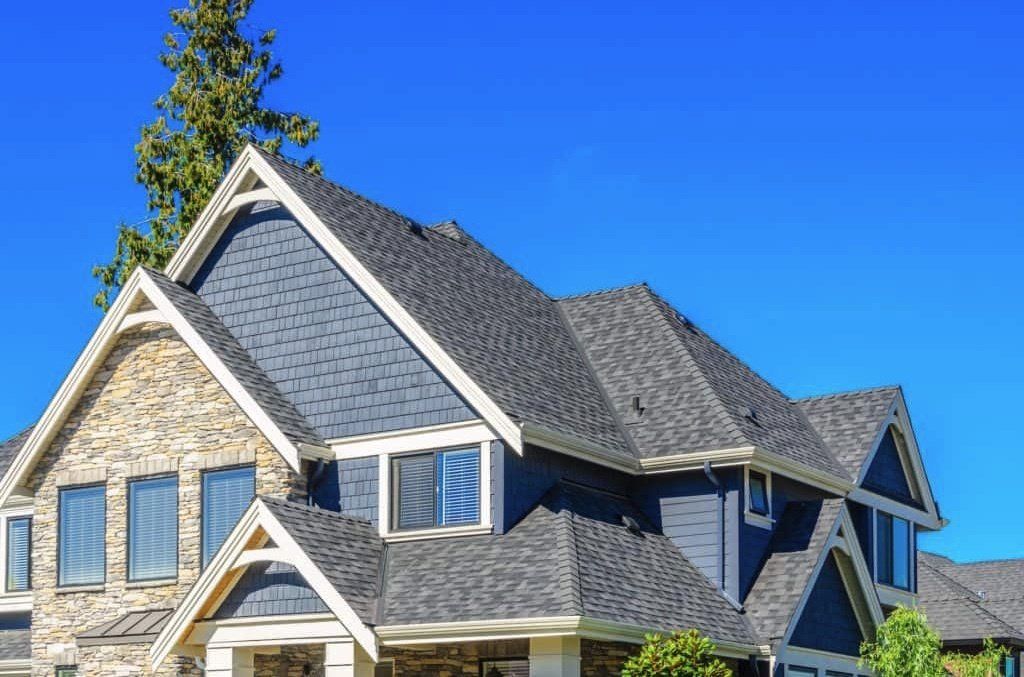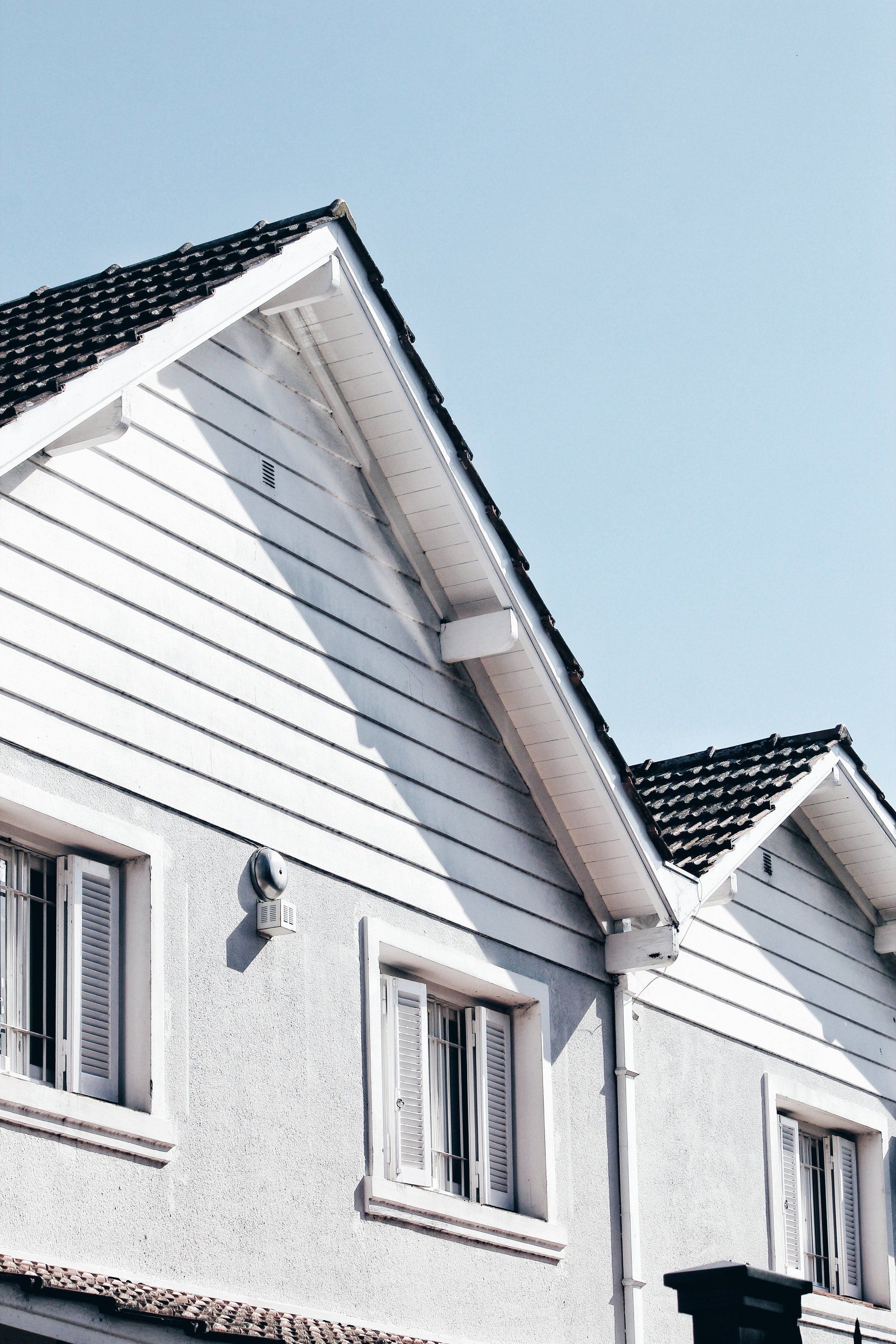Why Be Proactive When It Comes To Your Flat Roof?
I can think of a 101 other tasks you have to do other than schedule inspections on your flat roof. HOWEVER- one of the most common mistakes commercial businesses make is to not have a roof inspection during the summer season. Any minor damage that may have been overlooked can quickly escalate once your roof is pitted against fall wind, debris, and precipitation. It is financially smart to know your flat roof is ready for winter. Think of damages like dominos. Once they start, it is very hard to get ahead of it.
Aesthetic Elements, Inc., www.buildwithae.com, is experienced and licensed to help you with the following:
● Infra-red roof inspection
● Flat roof repair
● Commercial roof replacement
We’ll assess the condition of your roof using state-of-the-art infrared technology to help extend the life of your commercial roof.
At Aesthetic Elements, the safety of our community is important to our team. We offer online estimates and contact-free service for a safer roof repair during the COVID-19 outbreak. To connect with a member of our team, give us a call at 319-236-6100 or contact us online to schedule your roof inspection today.
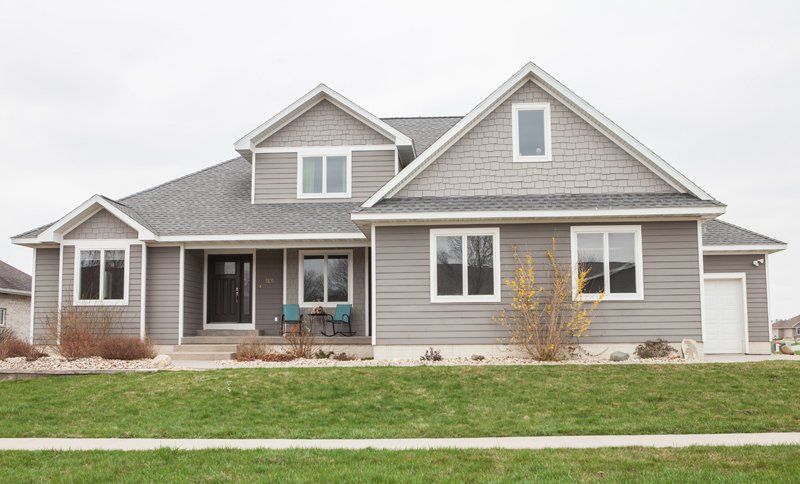
When it comes to choosing colors, do you see yourself as a superhero? If you do, that is fantastic. If you don’t, that’s okay, too, because Aesthetic Elements guides you with resources to make a great color choice. I want you to feel color confident when selecting colors for your home’s exterior. All you need to be the superhero in your color story is a little knowledge to succeed. With these steps you will select a color and be very happy with the results you achieve. Siding and soffit is the main body of color that will help determine if you should pick warmer hues, or if you can go bold. Stone and brick can also be main deciding factors. They create a color cast, which is a mix of colors. When looking at your home, the color cast will present a dominant color. This is the overall color you want to compliment. We can always suggest color combinations for different styles of homes. Some more common styles in our area include: Bungalow, Colonial, Contemporary, Craftsman, French Provincial, and the one story Ranch. When you need a visual, it is easy to upload a photo of your home and sample the different colors that appeal to you. We install a lot of Owen’s Corning and would suggest the following visualizer as a resource to use: https://www.owenscorning.com/en-us/roofing/roof-visualizer
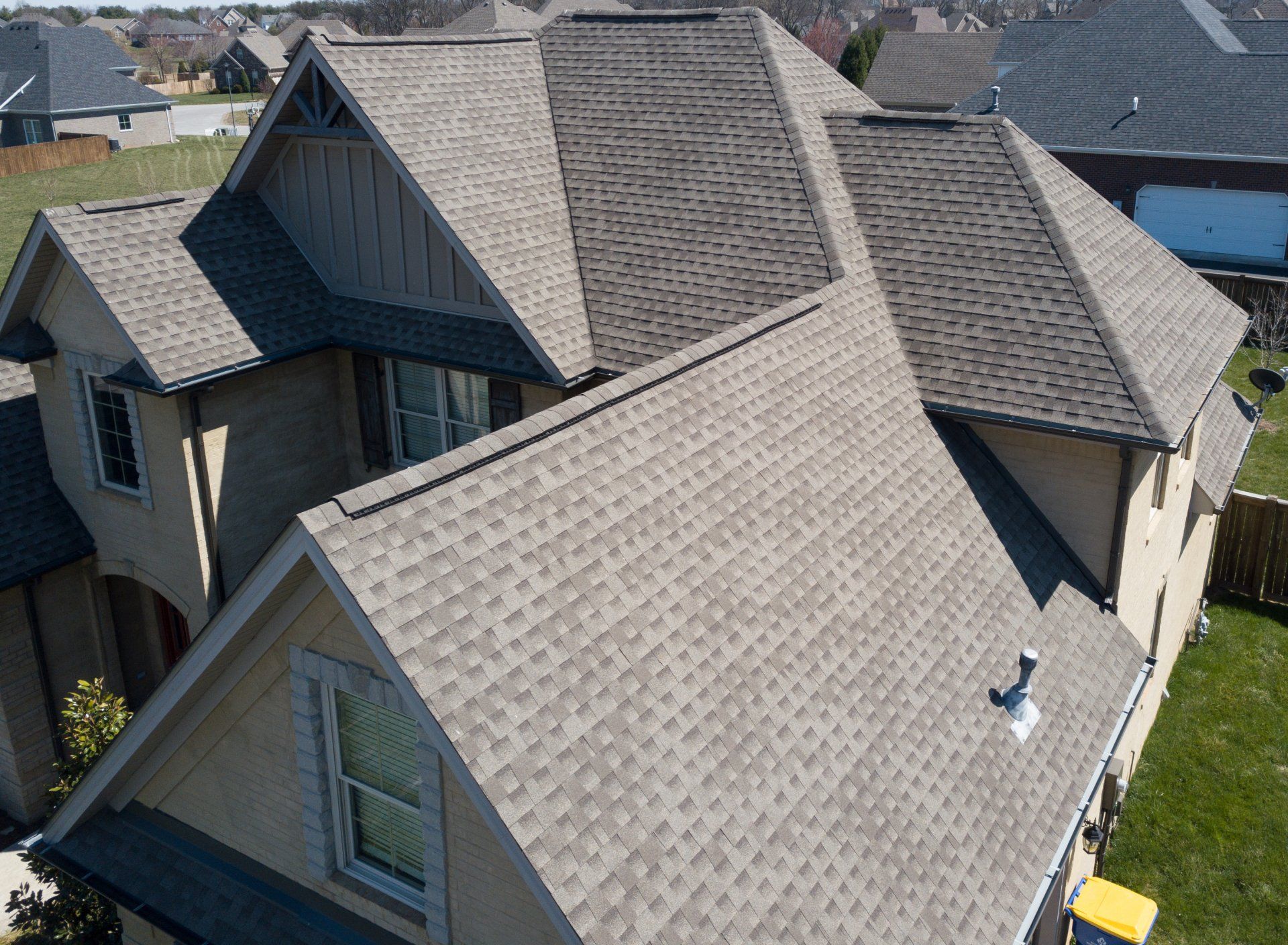
Spring brings with it lots of happy events. The flowers start to bloom, the sun feels warmer, and outdoor activities in nature increase. Though spring is generally a happy time of year, it is worth remembering that it also brings an increased risk of severe weather. Tornado season extends from March to June in most parts of the Midwest. During this time, it’s important to be as prepared as possible in case an emergency does occur. A stock of bottled water and flashlights will help in case of outages, and many families and schools make a plan in case a tornado strikes. As you are making these plans, it’s beneficial to remember to keep your home safe too. There are several things you can do to protect your home from a tornado and minimize the damage to your roof. 1. Have your trees trimmed Maintaining your trees is a common task in the springtime for most homeowners, whether they live in a tornado-prone area or not. Trees that are especially old or tall fracture easily under the pressure of wind and flying debris. Have a landscaper inspect your tree and remove any dead branches or excess twigs that could easily fly off in a storm. 2. Secure outdoor furniture It’s very important to have a plan for patio furniture. In the case of inclement weather or a storm in the forecast, secure your patio furniture or bring it inside. 3. Clean your gutters Gutters are a natural gathering spot for debris in the springtime. As the snow melts, it brings every object from your roof down into your gutters. This debris can prevent water from effectively draining off of your roof, which becomes a problem in a storm. Without a clear gutter to direct it, the water can leak into your home, flood your yard or pool on your roof. All of these possibilities have expensive consequences. Clean gutters will direct the water away from your home and into the sewers where it belongs. While the gutters are being cleaned, make sure to secure any loose screws that are holding the metal to your roof. This small detail can prevent your gutters from being torn off by wind gusts. 4. Have your roof inspected Tornado season is a perfect excuse to have your roof inspected. This should be done regularly anyway, and having it done in the springtime is ideal. An expert will be able to tell you if there are any areas of concern or issues that make you particularly vulnerable to storm damages. Some examples of problems are: Roof deterioration or rot. Excess moisture will eat away at your roofing materials. If left unchecked, these spots are extremely vulnerable to breakage during storms. Loose nails. As with your gutters, securing all parts of your roof can help to ensure that nothing flies off during periods of strong wind. Leaks. If there is a leak in your roof, there is the possibility of flooding and excess damage. Sealing leaks ensures that the inside of your home stays dry and protected. This is not an exhaustive list of possible problems. A professional roofer will be able to thoroughly assess your roof and give you a detailed list of possible weak spots.
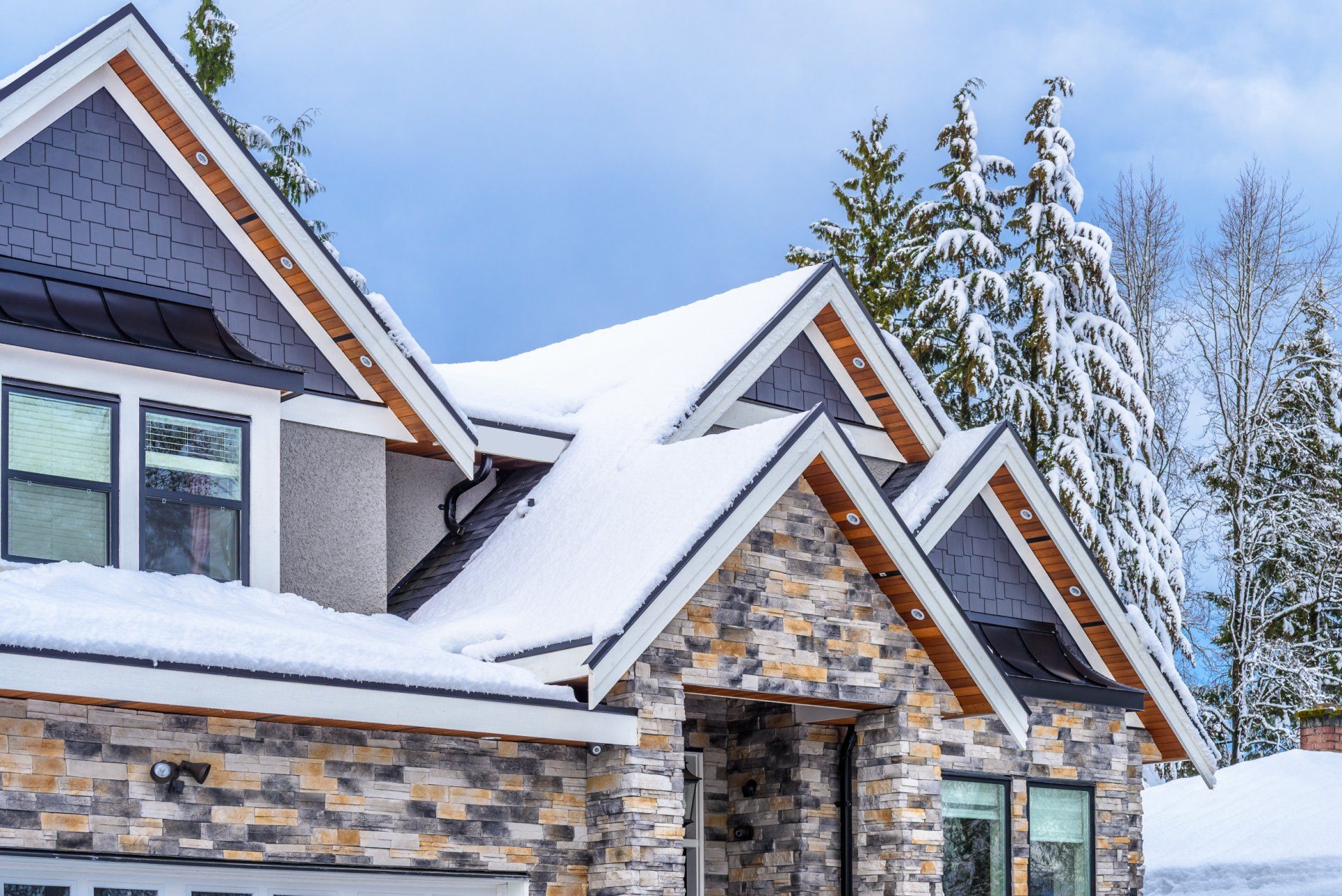
While there may be some repairs that have to wait until spring, some winter roof leaks need to be repaired as soon as possible. A few of the common culprits are ice dams, clogged gutters, condensation, and damaged shingles. Ice Dams: Ice dams occur when snow melts and travels down the slope of your roof, then cools and refreezes at the eaves, creating thick ridges of ice. These ridges block water and snow from moving off your roof, which then refreeze as a new layer. Eventually, water can travel backwards underneath your roof’s shingles, where it can enter your home as a leak. If ice dams aren’t removed, they can cause serious damage to your roof and home’s structure. Clogged Gutters: If your gutters become blocked with ice, leaves, or dirt, then they can’t effectively drain water, ice, and snow away from your roof. Similar to ice dams, clogged gutters can cause water to back up and seep under your shingles, and cause your roof to start leaking in winter. Attic Condensation: When warm, humid air from your home rises in the winter, it reaches the attic and cools, creating condensation. If too much condensation forms, it can have serious consequences for the health of your roof and even cause winter roof leaks. Excess water in your attic from condensation can also cause mildew, mold, or rot. Damaged Shingles: Cracked, damaged or missing shingles can also be a cause of winter roof leaks. If your roof was damaged in a storm due to high winds, hail, or a falling tree branch, it could have removed shingles and left your roof deck exposed to water. For this reason, it’s important to inspect your roof after a storm, and make sure the shingles are secure before winter weather sets in. What to Do if Your Roof is Leaking in Winter: If you notice your roof leaking in winter, what can you do? The key is to identify the problem early, or call a professional to identify & repair it. At minimum you could get a temporary solution and schedule the repair for spring. Catch Winter Roof Leaks Early: The key to resolving problems with your roof is identifying them quickly, before they cause more damage. In winter, it’s especially important to spot leaks early. Signs of winter roof leaks include water stains on interior or exterior walls, water dripping from the ceiling or through ventilating fans, and condensation on skylights. These are all indicators that something is going on with your roof. Call a Professional: If you notice any sign your roof is leaking in winter, it’s best to call a professional roofer to inspect the damage and recommend the best course of action. If the fix involves working on your roof, serious repairs will likely have to wait until spring, when it’s safer for the roofer and your roof. Find a Temporary Solution: our roofer may be able to suggest a short term solution or perform a temporary repair until they can return to fix the problem. For example, ice dams might indicate that your roof needs additional ventilation and insulation to prevent recurring leaks. While they may not be able to get on to your roof until spring, they can remove existing ice dams and use fans to help regulate the temperature in your attic. If you discover any roof leaks this winter, don’t worry. Call me today. Steven Langan, 319-236-6100.
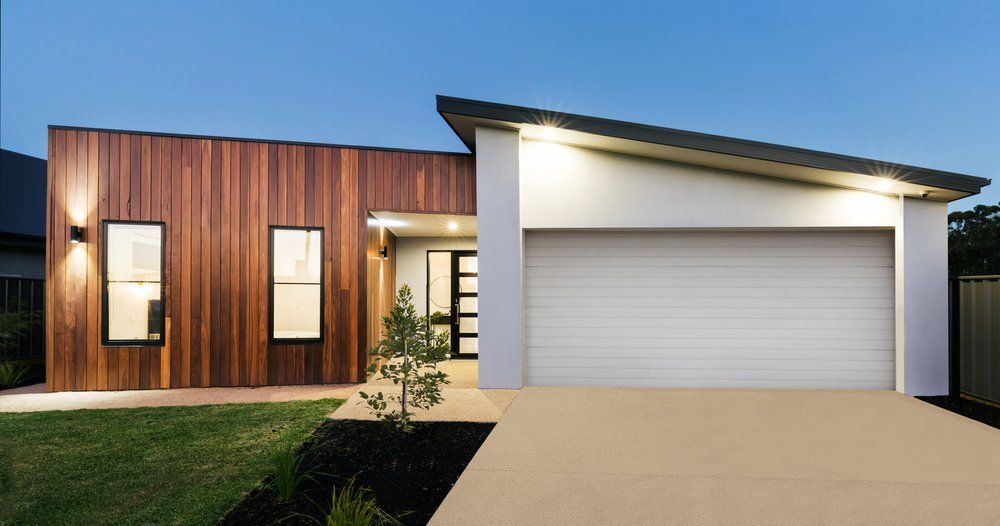
Determining your new roof needs. These criteria should identify exactly what you want to accomplish with your project. By knowing the benefits or features you’d like in your roof, you can avoid later disappointment. As you envision your home’s new protective roof and what you’d like it to accomplish, here is a list of things that homeowners often make decisions on: Aesthetics. Is what your roof looks like important to you? If so, would you like something very traditional looking such as a shingle look or perhaps something bolder with a shake or a very contemporary look such as standing seam ? Long-Life Durability. If you intend to live in your home for 10+ years, warranties may mean a great deal to your decision. Otherwise, it may mean less. We will help you determine the difference between a variety of shingles; 3-tab, lifetime warranty architectural, and designer series lifetime architectural as well as metal, or any other preferred choice. Fire Safety. Larger areas of the country seem prone to firestorms these days. If you’re in one of those areas, then a non-combustible roof may be part of your criteria. Wind Resistance. Similar to fire safety, if high winds tend to be a problem in your area or if hurricanes threaten you regularly, then a metal roof with interlocking panels will provide the protection you appreciate. We are in both Florida and Iowa, and have a variety of different needs between both. Iowa just got hit by the derecho, so wind is definitely a concern for all of our clients. Energy Efficiency. Homeowners who live in hot climates or who are very sensitive to the operating costs of their home will often seek metal roofs with reflective coatings and even integral thermal breaks to reduce their summer energy costs by up to 20% or more. Contact us when you are ready for a new roof. We would love to help you through the process!! steve@buildwithae.com or Aesthetic Elements, Inc., Steven Langan 319-236-6100.

1. Air Quality. There are a variety of ways to enhance good air quality in your home. Designing spaces to create a cross breeze, installing an air purifier, and horticulture offer a therapeutic touch. Bringing nature inside with plants, natural materials such as knotty wood walls, and large windows offer an outdoor feel. 2. Lighting. Incorporating natural light and a pleasing ambiance with artificial light benefits you at certain times of the day. A personal favorite is amber light in the evening to promote calming down for a good night sleep. 3. Ergonomic Comfort. Creating a flow and movement in your living space. Making sure furniture has plenty of space in between, removing obstacles from the traffic paths. Many still utilize feng shui and consider how all five senses will experience the design. Also consider your chromotherapy, aka color therapy, aromatherapy, sustainability, and biophilia that brings in the nature component we long to connect with. 4. Thermal comfort. Maintaining a comfortable temperature with a smart thermostat, in floor heating, and sealing windows and doors can help with comfort. If you can't add the in floor heat, then you can always improvise by having blankets handy. 5. Acoustic Comfort. Music also plays a big part of creating your mood. To have a speaker with some light music on when you are cooking or taking a bath, can really create a different vibe rather than the news channel constantly playing in the background. It's all in the details, and fun to create what works best for you. Many thrive when they incorporate all of these elements that invoke a happy, calm, relaxing environment.
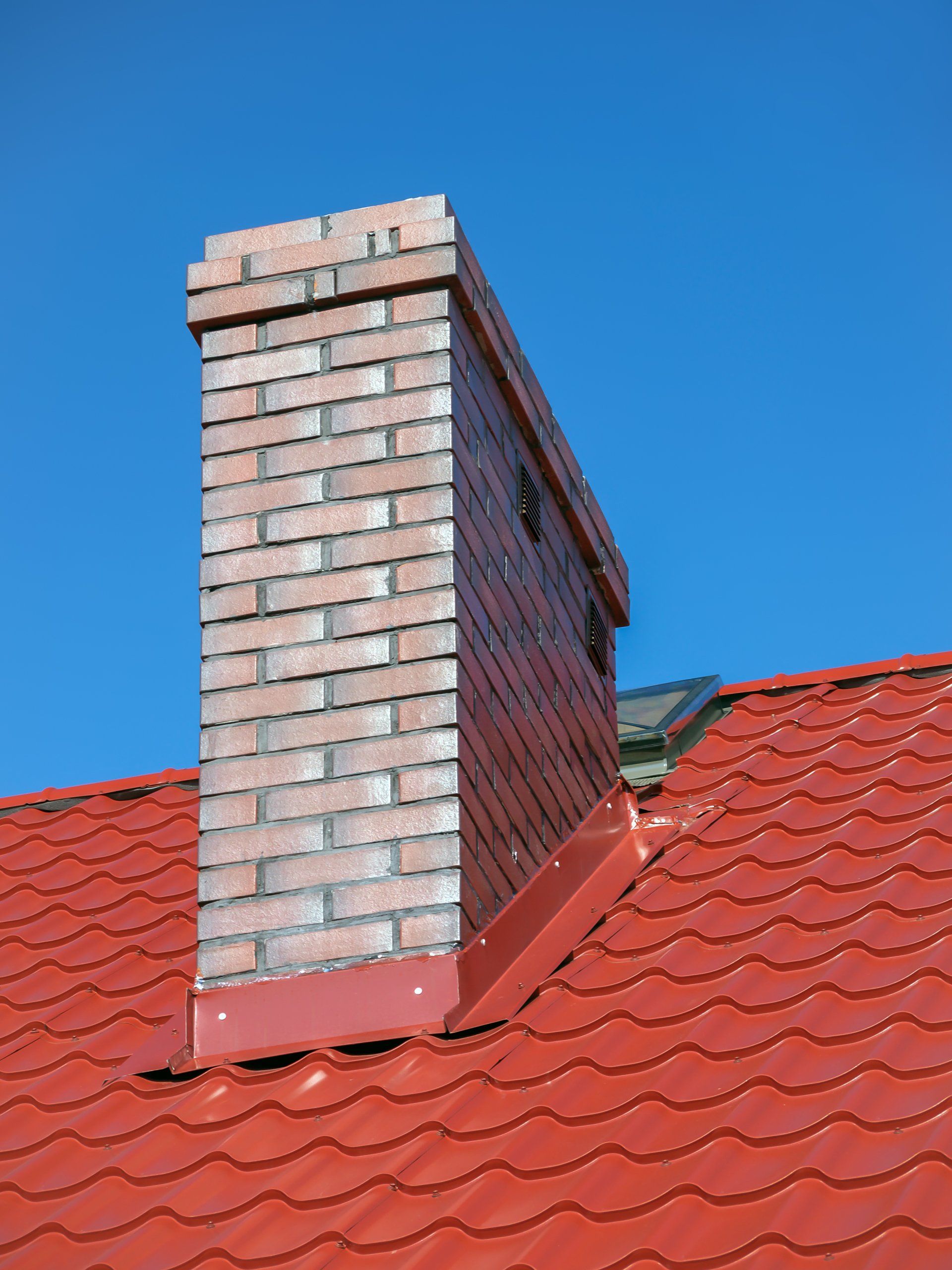
The roofing system is composed of several components and made from different materials. Along with shingles and gutters, the roof flashing plays an essential role in keeping your roof and home free of water damage. But what is it exactly? Aesthetic Elements, (BuildWithAE.com), helps you understand what roof flashing is, and some helpful points to consider: What Is Roof Flashing? Flashing is a thin strip of material, usually made from galvanized steel, that protects the roofing system. It secures joints in your roof and is installed in areas that receive a lot of water. With adequate flashing, water will be successfully delivered into gutters; without it, water leaks will definitely start appearing in vulnerable areas of the roof. What Areas Need Flashing? Roof flashing is installed in areas where there are joints or penetration. Valleys – The space where two slopes of the roof meet is called a valley. The two slopes both direct rainwater into the valley, making it a vulnerable area for moisture-related issues. To protect the valley, Aesthetic Elements will typically install a flashing made from long pieces of sheet metal. Chimneys – a special type of flashing system is required here since it’s one of the most important penetrations in a roof. Three types of flashing are installed around a chimney. They are called step flashing (on the sides), apron (below) and cricket (above). I see a lot of DIY installations around chimneys that leave the homeowner’s roof vulnerable to costly damage. Skylights – generally requires a tight seal with the roof. A continuous piece of sheet metal flashing is installed on each side of the skylight. Dormers – A dormer is both a joint and a meeting between two slopes. Similarly in a valley, a length of sheet metal protects the seam between the roof of the dormer and the rest of the roof. For superior quality roofing products and installation services, turn to Aesthetic Elements Roofing . We’re proud to be one of the leading installers for both Iowa and Florida. Contact us today to schedule a free, no-obligation consultation.
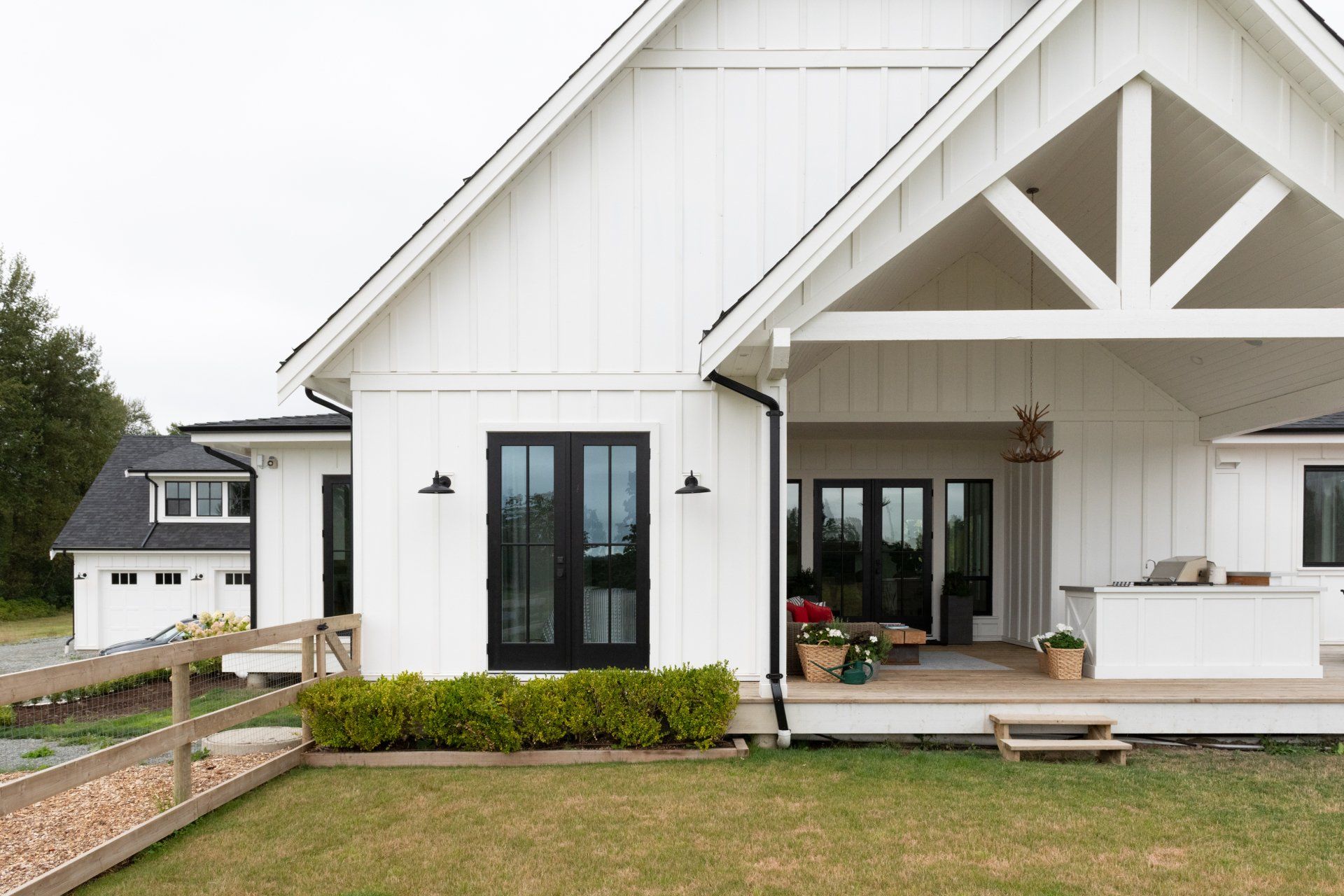
Deciding on your new home design? We know there are dozens of considerations that come into play. Starting with an architectural style that fits your personality, budget, and the location where you’re building. One of the factors that you may not have considered, but should, is the question of whether to include a steep roof in your design. Why? I love a flat roof, but there are a number of steep roof pitch advantages that you’ve likely never thought about. The Modern Farm House takes advantage of the steep roof pitch. You benefit from greater energy efficiency and less sun damage. Steep roofs come in lots of different shapes, sizes, and styles. So, what exactly is a steep roof? Most people would consider any roof that has a rise/run ratio over 6:12 as a ‘steep roof.’ That would be a roof that rises six inches for every foot it runs across. Today, most residential roofs rarely go over a 12:12 pitch. Older homes often had a more extreme pitch, thus lasting longer. We will touch on a number of clear advantages vs. more gradually pitched roofs. Advantages listed below: Steep Roof Pitch Advantages 1. They’re More Energy Efficient Steep roofs give you the advantage of a cold roof system – an important feature of any home that’s in a colder climate. Cold roof systems allow air to flow between the roofing tiles and the timber that’s above your home’s ceiling. In addition to this, a cold roof system cuts down on the amount of ice damage your home experiences. With a warm roof, snow and ice will melt as the heat in your home warms your roof. That snow will melt and begin to drain to the cooler edges of your roof where it will refreeze. All this freezing and refreezing can cause ice dams and gradually end up causing more damage to your home over the long haul. 2. More Living & Storage Space A steep roof can give you the advantage of additional storage space that you wouldn’t otherwise have. Attics can make a major difference in keeping your home tidy and livable. And even if you don’t need the storage, you may consider additional living space. You would have the option to turn the area under your steep roof into a stylish loft or self-contained apartment. 3. Fewer Leaks When rain falls on a gradually sloping roof, it pools, adding stress to the roof and even seeping down through any spaces into the area under the roof. Over time, this can lead to major structural damage and can leave you with leaks. Steep roofs rarely have this problem. Instead, the water quickly runs off the roof and into gutters where it’s properly drained and isn’t given the chance to do damage to your home. This minimizes roof damage and leaks. And since steep roofs tend to drain more effectively, you can also use them to collect rainwater more effectively. So, not only will the rain not wreak havoc, you’ll be able to use it for your benefit. It’s just one more advantage to steep roofs. 4. Reduced Snow Damage If you live in a colder climate, snow’s likely a normal part of your life. You’ve learned to drive in it. You’ve got the equipment to quickly remove it from your driveway. And you have all the right accessories to stay warm – even when it’s freezing outside. But what you may not have considered is the damage that snow can do to a gradual pitch roof. When snow collects, it can be incredibly heavy. And all that extra weight can do a real number on your home. Steep roofs use gravity to keep snow from building up. This not only helps maintain the structural integrity of your home by the lack of weight, it also means that you’ll experience fewer problems associated with snow – like leaks, etc. 5. Superior Durability The end result is simply that steep pitch roofs last longer. You can enjoy the superior space that a steep roof affords right alongside its greater durability.

